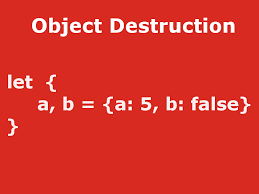object destruction
object destruction i
more

This course includes:
- Knowledge enhancement
- Grow your network
- Knowledge enhancement
- Enhancing your skills
24-30 months
50230 total cost
It's Free
1
Lesson1
Instructor Courses
Start learning with other courses of this instructor, Explore online courses or select your course from related items.
Related Courses
E-Learning is a learning process with the combination of content that is both delivered digitally and through face-to-face learning.
View All
© 2023 E Learning Land. All rights reserved.




